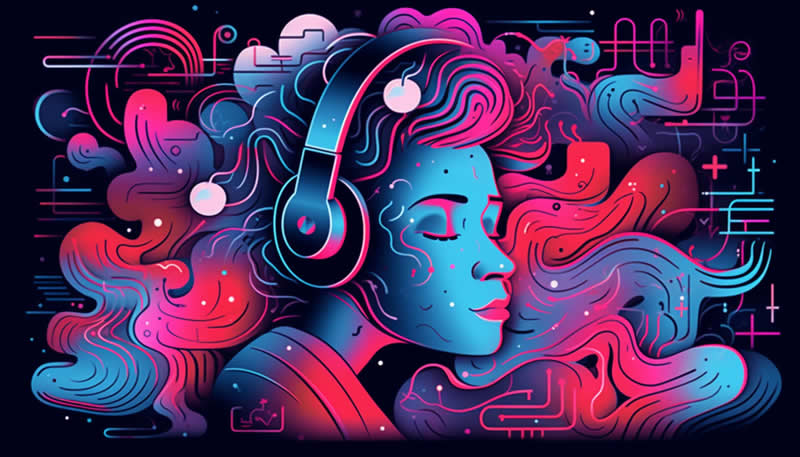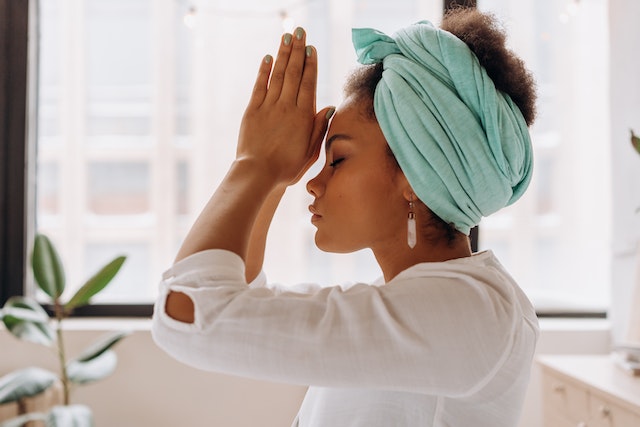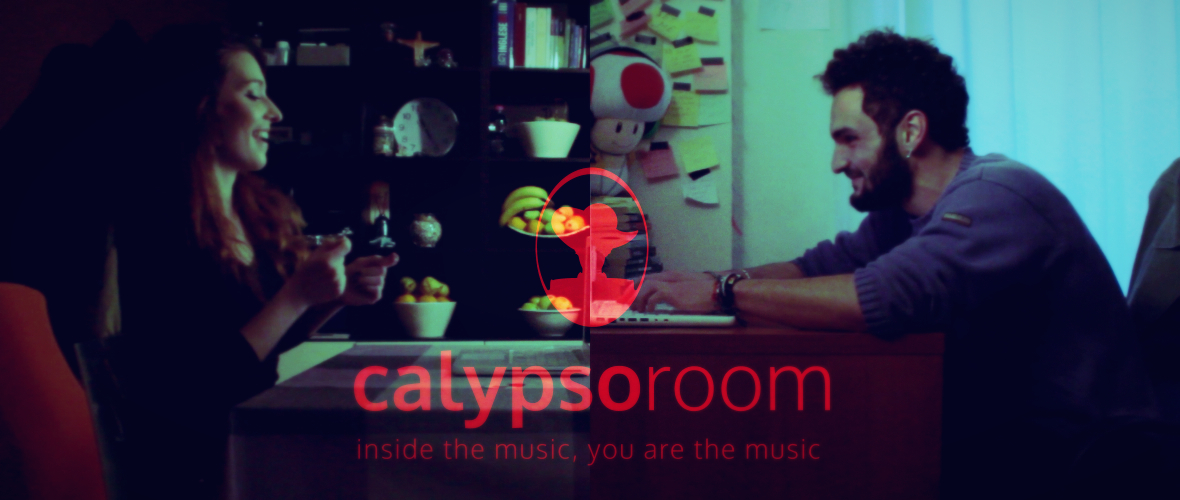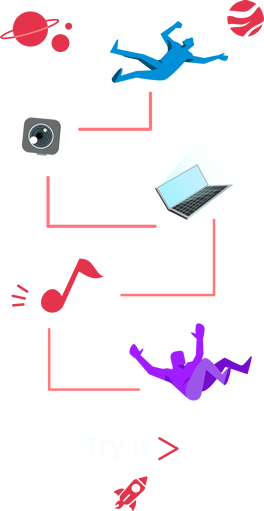Music and mental health: staying balanced in the industry

Table of content
Music and mental health: staying balanced in the industry - Introduction
Have you ever wondered about the role music plays in our lives? Why is it that music has such a profound impact on us - that it has the power to lift us up when we're down, transport us to a different time and place, or even serve as a powerful form of self-expression?
In this light, we begin to understand why music is important. Music isn't just a source of entertainment; it is deeply woven into the fabric of our mental well-being.
As we delve into the world of music, its rhythms, and melodies, it's essential to realize the delicate balance between being an avid listener and a passionate creator.
Both roles come with their unique rewards and challenges. When we listen to music, it's a chance to resonate with the emotions it conveys, forming an empathetic bond with the artists or the story they share.
On the other hand, the process of creating music offers an expressive outlet for emotions, thoughts, and experiences, contributing to a sense of identity formation.
However, the music industry, as vibrant and exciting as it may be, often presents its share of stressors. Whether you're on stage performing to a crowd, locked in a studio working on your next big hit, or even promoting your music on a budget, the journey can sometimes feel like a rollercoaster ride, impacting your mental health.
In this article we'll explore ways to navigate these waters, fostering a healthier mental space for both listeners and creators. So, let's turn the volume up and tune into the harmony between music and mental well-being.

KEY TAKEAWAYS
Explores the significant influence of music on mental health, both as a listener and a creator, detailing how music can boost mood, foster self-expression, and even trigger nostalgia.
Highlights the unique mental health challenges faced by individuals in the music industry, from high-stress environments and irregular schedules to public scrutiny and performance anxiety.
Introduces CalypsoRoom as a digital platform that enhances social connection and communal experiences through music, facilitating shared listening experiences and fostering a supportive community.
Discusses various self-care strategies and coping mechanisms, including mindfulness and seeking professional help, outlining their potential benefits in the context of the music industry.
Concludes with the importance of maintaining balance between music and mental health, promoting resources for support such as CalypsoRoom, and encouraging ongoing learning and engagement with mental health resources.
The influence of music on mental health
Have you ever pondered why humans like music? This question sparks curiosity, doesn't it? In truth, our attraction to music isn't just about its aesthetic appeal.
Music holds a deeper connection with our psyche. Scientifically, it has been proven that music profoundly influences our emotions and moods.
Research suggests that music has a unique link to our emotional well-being. Listening to an upbeat song can lift our spirits, driving away blues, while a soulful melody might bring a sense of calm or even spark nostalgia.
But it's not just about listening - creating music plays an equally essential role in influencing our mental well-being. From strumming a guitar to composing lyrics that resonate with our feelings, the act of making music is a form of self-expression that can be incredibly therapeutic.
However, let's remember that music's impact on our mental health isn't always positive. Just as music connects people, it can also stir up unwanted memories or feelings.

As a creator, the pressure to compose a 'hit' song or to uphold a public image can take a toll on mental health, leading to stress and anxiety.
Additionally, music has a significant role in our social interactions, often acting as a glue that binds communities together.
Through music, we can meet new people, make new friends and feel a sense of belonging, which enhances our overall mental well-being. However, like everything else, balance is key.
Gaining an understanding of how music influences our mood and mental health can help us manage our relationship with it more healthily.
So, whether you're a music aficionado, an artist in the making, or just someone intrigued about the symbiosis of music and psychology, this journey into the depths of music's impact on our mental state promises to be enlightening.

Challenges in the music industry and its impact on mental health
The music industry, with its glitz and glamour, can often seem like an enticing world. But beneath the surface, it harbors a complex matrix of challenges that can significantly impact an artist's mental health.
Let's pull back the curtain and understand what it truly means to navigate this landscape.
A concert stage, while being a platform for expression, can also be a breeding ground for performance anxiety. The anticipation of a flawless execution and the fear of judgement can create an immense amount of stress.
Unpredictable routines are another aspect to consider. Late-night gigs, erratic sleeping patterns, and constant traveling can disrupt an artist's work-life balance.

Furthermore, living under the public eye comes with its own set of difficulties. The desire to maintain a certain image, coupled with the fear of negative feedback can lead to anxiety and self-doubt.
These unique stressors can indeed take a toll on an artist's mental health. Yet, it's crucial to remember that acknowledging these challenges is the first step towards seeking help.
Be it through therapy, self-care routines, or fostering a supportive community, finding balance within the industry is essential.
After all, music, in its true essence, is about expression, connection, and above all, a reflection of our shared humanity.
Remember, if you're an artist dealing with these challenges, you're not alone. There are resources available to help you stay motivated and focused, even in the most demanding circumstances.
Learn about how to promote your music and how to build a fan base, all while taking care of your mental health.

Digital platforms supporting mental health in the music industry
In the digital age, various platforms have come to the fore, offering support for mental health in the music industry. One such platform is CalypsoRoom, an innovative tool that takes music listening to a new level of shared experience.
CalypsoRoom: harmonizing music and connection
CalypsoRoom is a unique platform that amplifies the joy of music by weaving it with the power of community. It allows music lovers to engage in a shared listening experience, bridging distances with the rhythm of melodies and harmonies.
All this is possible while users are connected via webcam, creating an environment that is virtually communal and profoundly personal at the same time.
This collective listening experience plays a pivotal role in mitigating feelings of isolation, a common mental health concern within the music industry.
Through music, we make new friends, and we forge connections that transcend physical boundaries. At the same time, this shared experience enriches our connection to the art form itself, making the melodies all the more resonant.
Moreover, CalypsoRoom provides an avenue for real-time shared experiences and discussions, fostering a vibrant community through music.
This interactive element offers a support network that is crucial in maintaining balance, reducing stress, and positively influencing mental health.
The camaraderie built through these shared musical experiences can be an effective balm for the mental strains that often accompany life in the music industry.
And in these shared notes of music, we find shared moments of resilience, a chorus of support that reminds us - we're all in this together.

Coping mechanisms and self-care strategies
The music industry, with its pulsating rhythm and demanding pace, can often lead to stress. But it's essential to remember that taking care of mental health is as important as hitting the right notes.
This section sheds light on various coping mechanisms and self-care strategies that individuals in this industry can embrace to manage stress and nurture mental well-being.
Whether it's through meditation, yoga, or simply taking a few moments to breathe deeply, mindfulness techniques can be a valuable tool in any musician's self-care kit.

Another important approach is seeking professional help. Therapists and counselors trained in dealing with the unique challenges of the music industry can provide guidance and strategies to help artists cope with the demands of their profession.
Don't hesitate to reach out to professionals; their expertise can provide new perspectives and effective strategies to deal with stress and anxiety.
Lastly, leveraging digital platforms like CalypsoRoom can provide a valuable support system. Such platforms allow for social interaction, shared music experiences, and the opportunity to connect with like-minded individuals who understand the challenges of the industry.
CalypsoRoom can help in meeting new people through music, providing an avenue for emotional expression and support.
Coping with stress and maintaining mental health is a continuous journey. The key lies in discovering what strategies work best for you.
And most importantly, you're not alone on this journey. Your health, both mental and physical, is your greatest instrument, so take care of it with as much dedication and passion as you put into your music.

Music and mental health: staying balanced in the industry - Conclusion
As we wrap up this discussion, let's strike the final chord with the key note: your mental health matters as much as your music.
From science-backed influence of music on mental health to stress management techniques, we hope you've found insights that resonate with your journey.
Remember, balance in music and mental health creates a harmony that not only leads to a rewarding career but also a fulfilling life.
And this harmony can be achieved by leaning on professional help, embracing self-care strategies, and making the most of digital platforms like CalypsoRoom.
To learn more and stay informed, feel free to visit our blog homepage for more resources and insights. Your journey towards mental well-being and musical success continues, and we're here to support you every step of the way.
Music will save us all,
The CalypsoRoom Team
Frequently Asked Questions (FAQs)
Why is music important for mental health?
Music plays a significant role in influencing our mood and emotions. It can serve as a form of self-expression, a source of comfort, and even as a tool for managing stress and anxiety.
What are some mental health challenges faced by individuals in the music industry?
Individuals in the music industry often deal with high-stress environments, irregular schedules, public scrutiny, and performance anxiety. These unique stressors can impact their mental health.
How can CalypsoRoom support mental health in the music industry?
CalypsoRoom provides a platform for shared music experiences and social interactions, which can help mitigate feelings of isolation and foster a supportive community.
What are some coping mechanisms for managing mental health in the music industry?
Coping mechanisms include mindfulness techniques, seeking professional help, and utilizing platforms like CalypsoRoom for social interaction and shared music experiences.
How does creating music influence mental health?
Creating music can be therapeutic as it serves as an expressive outlet for emotions, thoughts, and experiences. However, pressures related to performance and public image can also bring about stress and anxiety.
How can mindfulness techniques help individuals in the music industry?
Mindfulness techniques can help musicians stay grounded in the present moment, reducing anxiety, increasing focus, and instilling a sense of calm.
Can listening to music also affect mental health?
Yes, music has a deep connection with our emotions and moods. An upbeat song can lift spirits while a soulful melody might bring a sense of calm or spark nostalgia.
Why is balance important in the music industry?
Balance is crucial as the music industry often presents high-stress environments and irregular schedules that can disrupt work-life harmony and affect mental well-being.
What kind of professional help can be useful for individuals in the music industry?
Therapists and counselors trained in dealing with the unique challenges of the music industry can provide guidance and strategies to help artists cope with the demands of their profession.
back
Written by CalypsoRoom Editorial Team
The CalypsoRoom Editorial Team is a skilled and diverse group of writers, researchers, and industry specialists who have access to Calypso's data and information in order to give you broad knowledge about the music industry as well as helpful advice to help you manage your music and dancing career.
Updated May 2023
Company number: 681223
James's Walk 31, Dublin, Ireland
contact@calypsoroom.com
+353 (89) 435 8928




